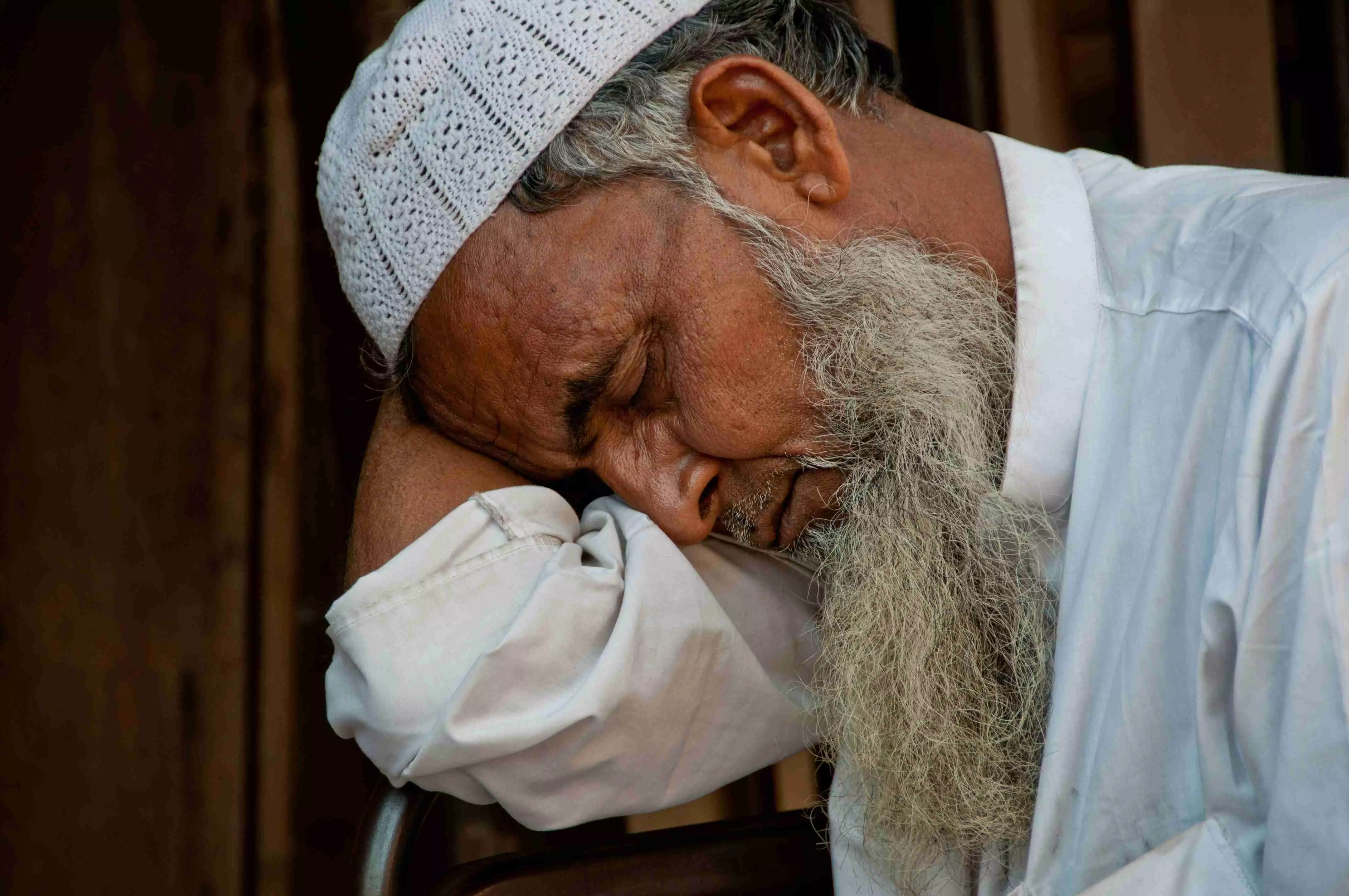Alarming Outsourcing

The decision of Assam Chief Minister Himanta Biswa Sarma to launch a dedicated portal for “indigenous residents” in “sensitive” areas to apply for arms licences is highly problematic. The state government has framed this move as an attempt to empower a selective population of the state—dubbed as “responsible”—to safeguard themselves and overall peace in the region, expressly as an assistance to law enforcement machinery.
In expressing such a motive in a country that has, by convention, been averse to arming civilians through legal routes, the state government has shrugged off its shoulder from the very fundamental responsibility of maintaining law and order, albeit partially. It is true that civilians are equal stakeholders in maintenance of law and order in the state, but their contribution is defined in terms of civic duties, and not by partaking in policing activities meant for the executive branch of the government. What is even more worrisome is that the guns will be in the hands of a selective population, rather than all citizens. This will, in all certitude, create a disequilibrium in any given society. The threats magnify manifold in a state having a highly turbulent history and present on the account of deep linguistic, cultural and ethnic faultlines. The areas indicated as “vulnerable” include Dhubri, Barpeta, South Salmara-Mankachar, Morigaon, Nagaon and others. All these areas are known to have significant Bengali-speaking Muslim populations—a community that the BJP-led state government has consistently vilified as “illegal immigrants” from Bangladesh. The adversarial approach of the Sarma-led government towards Bengali-speaking Muslims is not hidden to anyone. The Assam CM has, time and again, avowed that he will not let “Miya Muslims take over” Assam, and that he is “not in the competition” for their votes. The negation of their political relevance—to his party—is a statement that he might be vying for political mileage among other communities acrimonious towards Bengali Muslims. With elections expected in and around March next year, the political undertones of the recent move to launch the portal cannot be denied.
It is no mystery that Assam has been embroiled in religious-ethnic conflicts right since Independence. The state has witnessed large-scale migration from Bangladesh. Both Hindus and Muslims have moved into Assam, either in search of livelihood or to escape persecution. Historically speaking, this is how populations are shaped. If any dispensation decides to dispel a certain section of population on whatever grounds, how and where does it draw a line? And what justifies the legitimacy of that line? Migration and intermingling of populations don’t have any starting date. Every population is as much “pure” as it is “mixed.” It doesn’t suit a political dispensation of a democratic, secular nation to be selective and partisan in its approach. The Assam BJP, on its part, has constantly vilified Bengali-speaking people of Assam by othering them. Assam has seen repeated outbreaks of targeted violence against Bengali-speaking Muslims, often with political rhetoric as the spark. The state government has also carried out aggressive eviction drives in the past, disproportionately affecting Bengali Muslims. The flawed and incomplete National Register of Citizens has remained a bone of contention in Assamese public discourse and a sore point for specific sections of the population. Notably, Bengali-speaking people form the majority of the state’s estimated 12 million Muslims.
Beyond the legal and constitutional questions, there are intense practical ramifications of the move as well. Outsourcing of state responsibility to armed civilians in communally sensitive districts is a ready recipe for vigilante justice. History has lessons to offer. Chhattisgarh’s Salwa Judum militia, armed ostensibly to fight Maoists, spiralled into a rampage of human rights abuses so grave that the Supreme Court declared it unconstitutional. The move comes in an environment when regional outfits like Bir Lachit Sena have already issued threats to Bengali-speaking Muslims in Upper Assam. They even floated a call for “all Bangladeshis to leave within seven days.” Opposition parties have alleged that the Assam government may try to selectively arm its affiliated outfits, or the ones that sync with its ideology. If a potential flare up of ethnic violence is one area of concern, it, obviously, is not the only. It is speculated, and not without reasons, that arming of local people may lead to abrupt incidents of violence based on gender or for settling personal scores. In a state where the ghosts of Nellie, Kokrajhar, and BTAD violence still haunt living memory, the idea that peace can be secured through a civilian arms race is dangerously naïve. The state government must take the responsibility of handling security questions on its own and channelise its energy and resources towards improving the life of people in this turbulent area.



